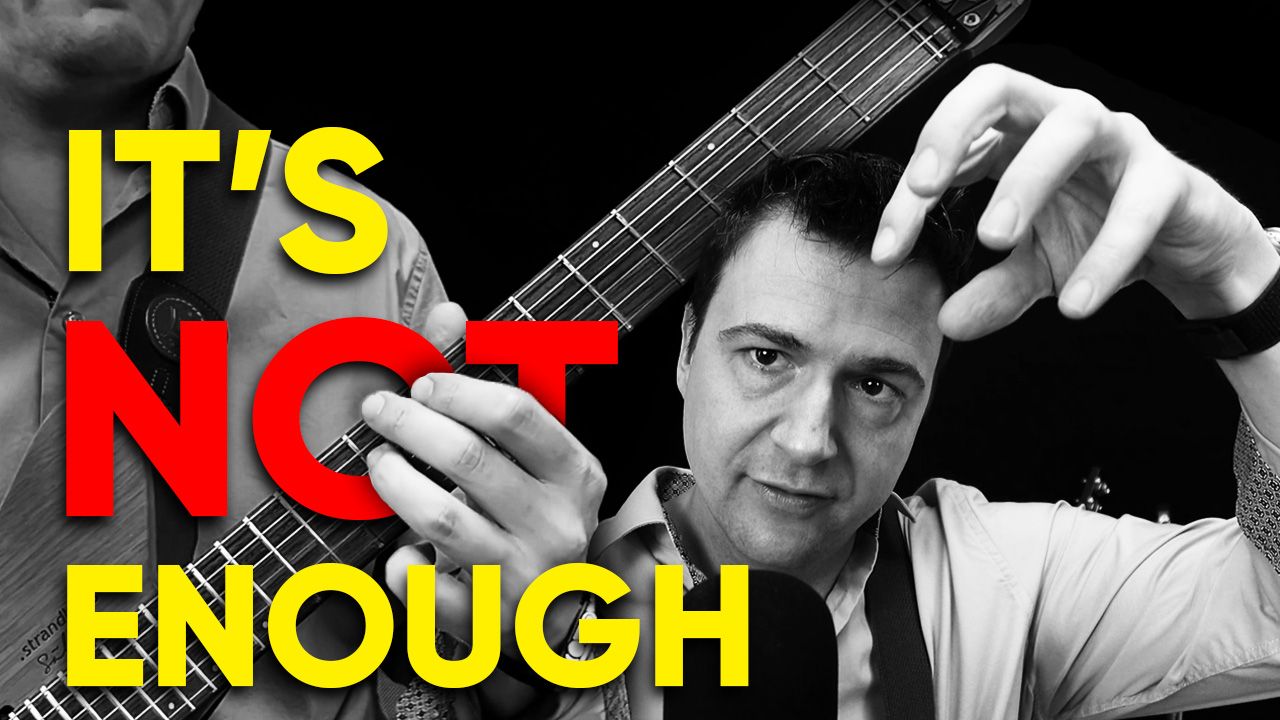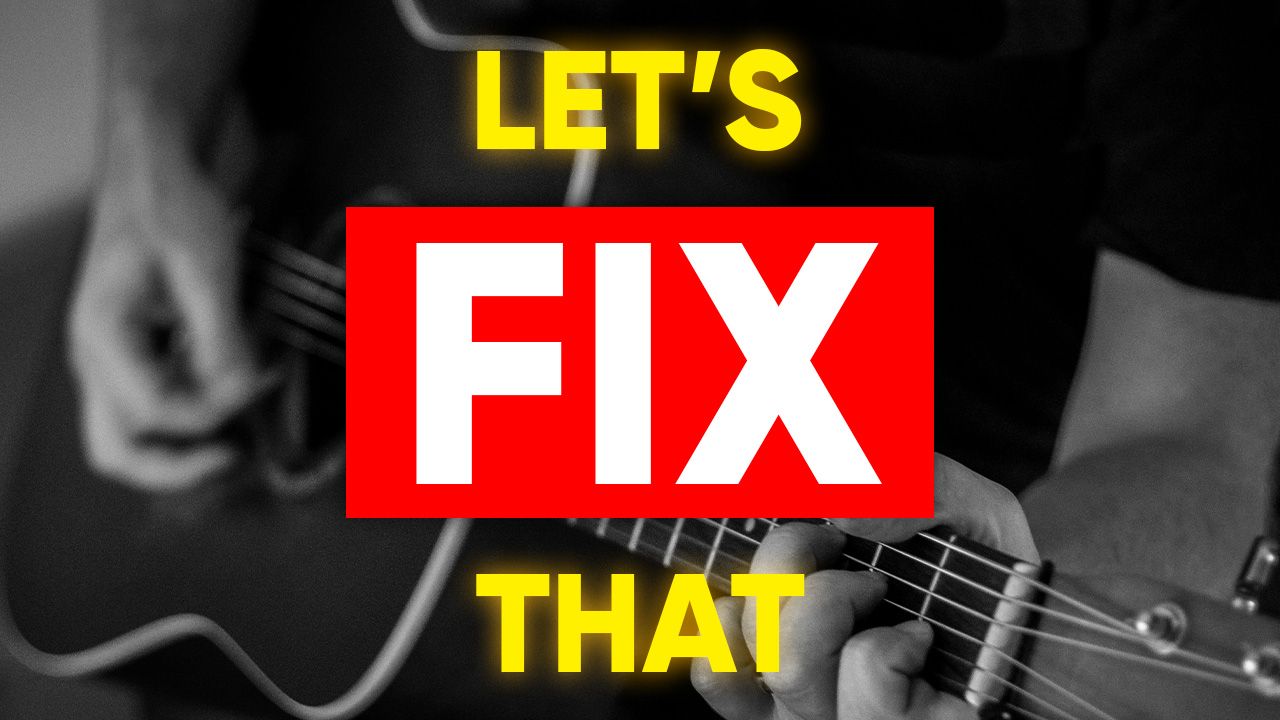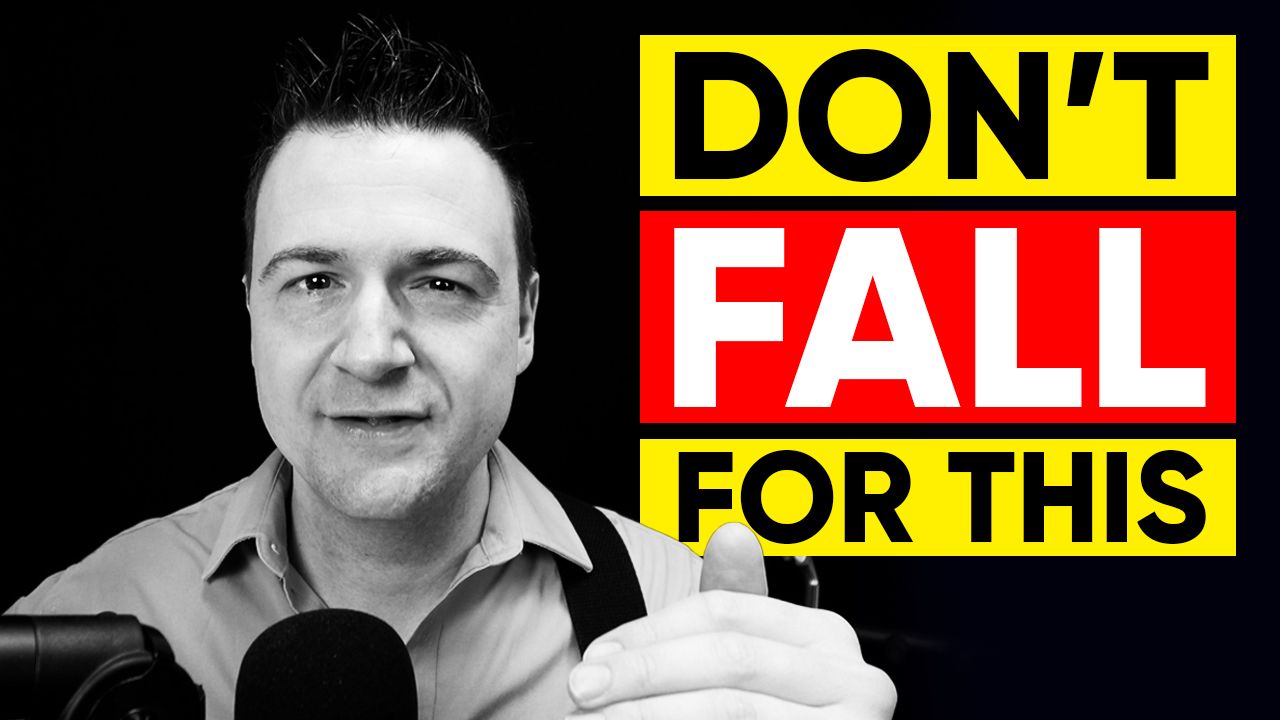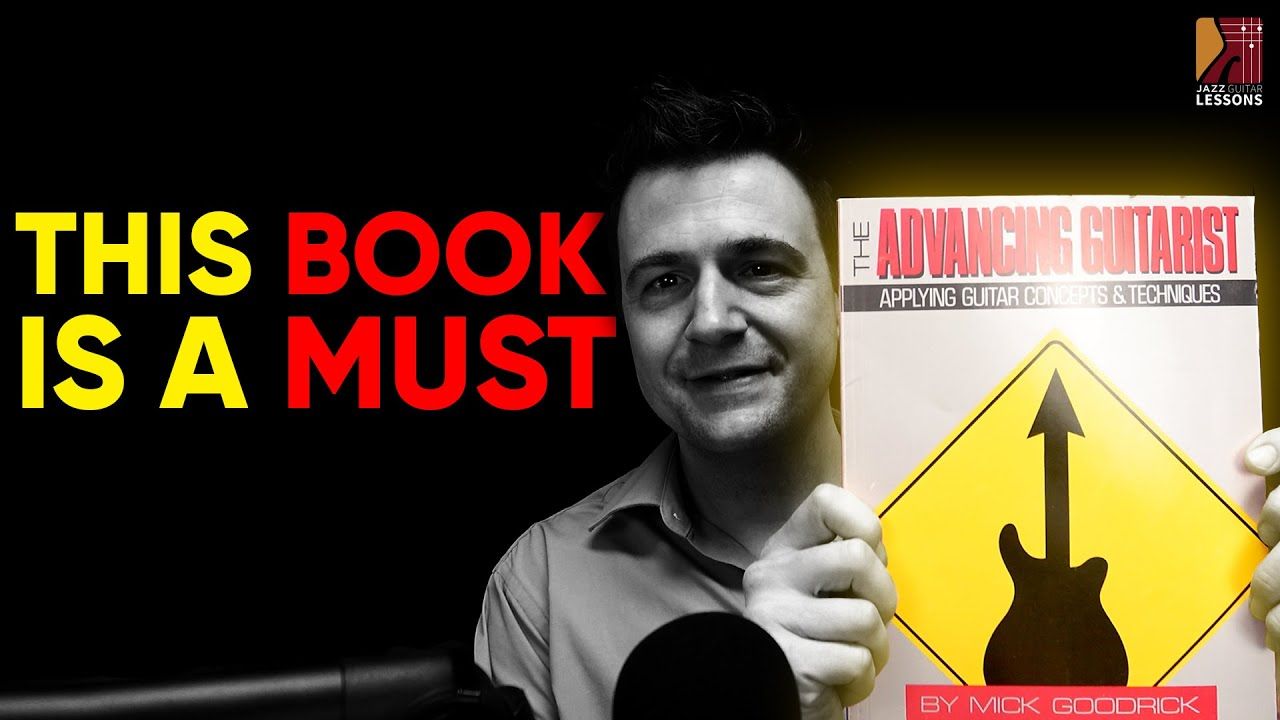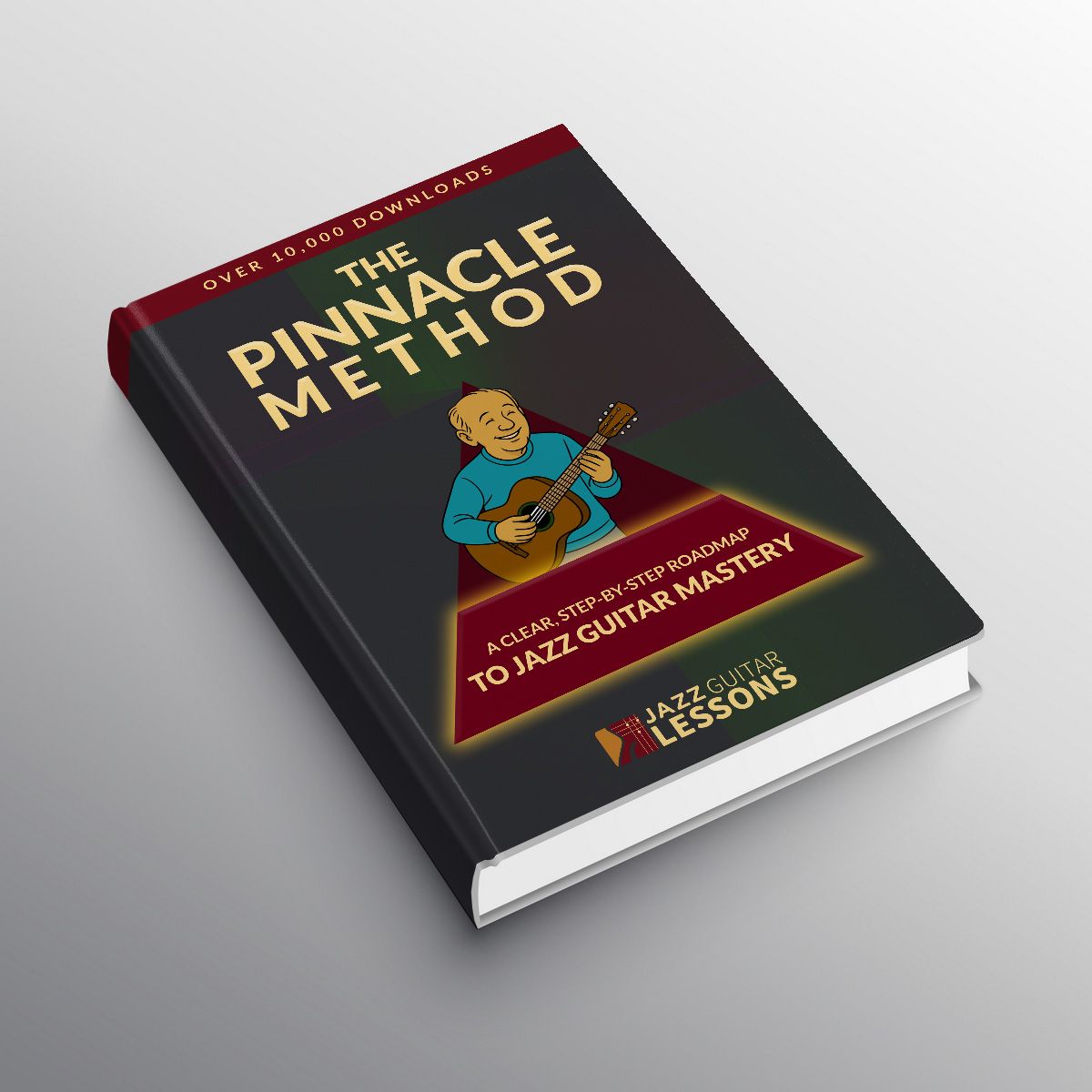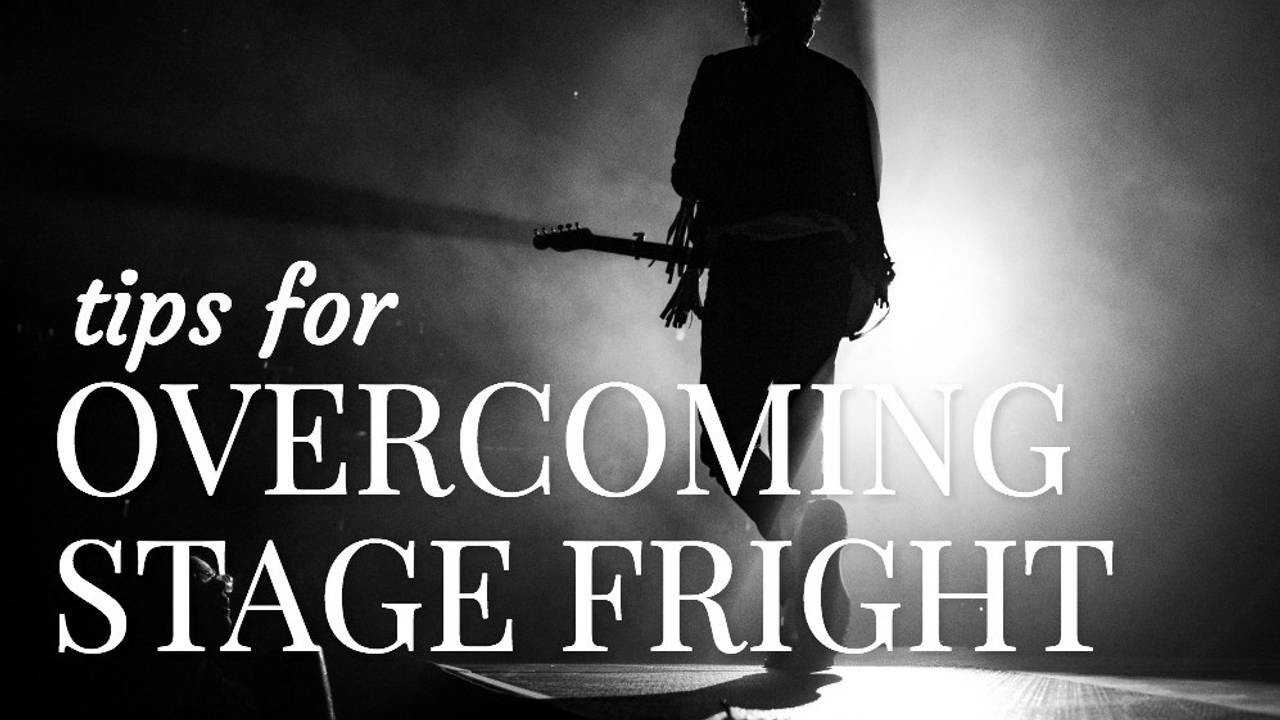
Tips For Overcoming Stage Fright
Apr 23, 2020Nothing feels more natural than spending the evening alone with your guitar. When you find yourself in front of a crowd, however, the nerves start to kick in.
Whether it be a crowd of four or 400, performing for an audience can be unnerving. For many musicians, it’s more than just pre-performance jitters. Your palms start to sweat, your heart races, and all you can think about it being anywhere but on that stage. The fear takes over, sapping the joy from your performance if you can make it through at all.
There’s no shame in experiencing stage fright as a guitarist. In fact, it’s more common than you might think. In some studies, as many as 59% of musicians reported some level of anxiety that interfered with their performance. The good news is there are things you can do to better understand and manage your symptoms. Read on to learn how to overcome your stage fright as a guitarist.
Understanding Musician Performance Anxiety
Musician performance anxiety (MPA) or stage fright is a type of anxiety that centers around musical performance. The American Psychiatric Association classifies it under the umbrella of social anxiety disorder (SAD), though symptoms may or may not be circumscribed to musical performances.
People with this disorder experience a range of physical, cognitive, and behavioral symptoms which can lead to ranging levels of impairment.
Some of the physical symptoms of MPA include:
- Racing heartbeat
- Sweating
- Chest pain or tightness
- Nausea
- Shortness of breath
- Blurred vision
- Shaking or trembling
- Headaches
In addition to physical symptoms of stage fright, many guitarists experience troubling cognitive symptoms including negative thought patterns and self-doubt.
The worse these cognitive symptoms get, the more they are likely to contribute to behavioural symptoms like avoidance of performance-related situations. Left untreated, stage fright can have a negative impact on your quality of life.
Five Tips for Dealing with Stage Fright
When your fingers are trembling on the frets and sweat is dripping down your back, it’s easy to lose focus. Your fear and negative thoughts may threaten to overwhelm you, but you don’t have to let them. Performance anxiety is a struggle, but it doesn’t have to keep you from doing what you love.
Here are five tips to help you overcome your stage fright as a guitarist:
1. Keep Yourself Healthy
When you are healthy and well, everything else is more likely to fall into place. When you’re already feeling stressed or tired, stage fright symptoms can quickly become overwhelming. In the week leading up to your performance, it’s important to keep yourself healthy.
Make sure you’re getting plenty of sleep, staying hydrated, and eating well. Try to limit caffeine and alcohol consumption as well. If exercise helps you work off excess energy, go for a jog or take a walk once a day.
2. Use Your Nervous Energy
Whether you’re new to the stage or a seasoned performer, nerves are going to happen. Your job as a guitarist is to learn how to work through them to put on a successful performance. Rather than trying to suppress your nerves entirely, use the extra energy – channel it into your music.
If you find yourself feeling anxious in the days leading up to a performance, get in some extra practice while you’re feeling that way, so you get used to playing with your nerves on edge.
3. Take Advantage of Rehearsals
There’s no simulation for what you’re going to feel when you strike that first cord but getting in a little extra practice certainly won’t hurt. The more you practice, the more prepared you’ll be and that will help boost your confidence.
If you have access to the venue, do a dress rehearsal with family and friends to get a feel for the sound and energy in the space. On the day of your performance, take full advantage of the soundcheck to make sure everything is working properly.
4. Focus on the Positive
Musicians with performance anxiety have a tendency to dwell on negative thoughts. When you’re standing on stage in front of a crowd, it’s easy to feel alone or to worry that the audience is waiting to see you mess up. Dwelling on these negative thoughts will only make your anxiety worse, so instead try to focus on the positives.
You’ve practiced for hours in preparation for this performance. The audience is here to enjoy your music, not to see you fail. Your sound team is there to back you up if something goes wrong. When negative thoughts start to build, counter them with truths and positive statements.
5. Try Different Therapies
As a guitarist, you may feel embarrassed by your stage fright but it’s nothing to be ashamed of – it’s incredibly common. If you’re having trouble coping with the symptoms on your own, it might be time to seek help. Beta-blockers like propranolol can help with the physical symptoms, but effective long-term treatment may require desensitization.
Virtual reality therapy is a great option. By wearing a headset, you can step into a 360-degree visual simulation of a performance situation and work through the fear. Over time, it may help reduce the psychophysiological activation that triggers your anxiety.
The truth is you may never completely overcome your stage fright as a guitarist, but that doesn’t mean you need to stop performing. In fact, the best thing you can do to work through musician performance anxiety is to keep getting back on stage. Remind yourself how much you love your music and why you want to share it. If nothing else, that should help you keep going.


